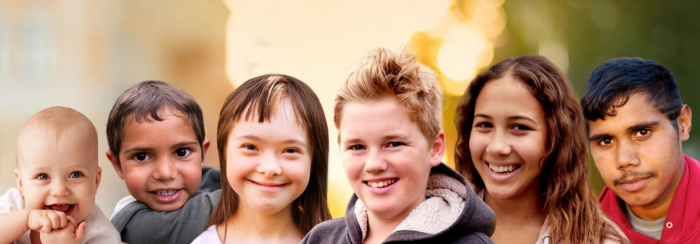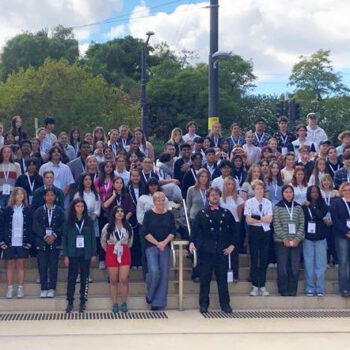
“Finally a longitudinal measure that provides us with a clear set of priorities for collective action to improve outcomes for South Australia’s children and young people.”
Helen Connolly, Commissioner for Children and Young People. commenting on the Child Development Council’s How are they faring report card for children and young people.
The release of this important report marks the beginning of a period of greater awareness and understanding of what needs to be done to improve health, safety, wellbeing, education and citizenship outcomes for our State’s youngest and most vulnerable citizens.
It means we are now measuring our performance against a set of population-based indicators and measures. This enables us to perform longitudinal tracking and reporting of trends and outcomes contained in the Outcomes Framework for Children and Young People, which the Child Development Council was set up to develop and maintain. This framework is organised around a Charter for Children and Young People (Charter) that contains 20 essential conditions that indicate whether or not young South Australians are thriving.
Reporting of data against the indicators and measures provides all levels of government and service providers with evidence that will enable them to make informed decisions about policy and collaborative action. The report card shows that our priorities for the coming twelve months must include managing the economic, social and health impacts of COVID-19, particularly in relation to its impact on Aboriginal children and young people who were already experiencing poorer outcomes overall.
It also shows the clear need to prioritise increasing obesity rates and mental health concerns, particularly for those from more disadvantaged socioeconomic areas. There is also a clear need to prioritise the needs of children and young people who have ‘dual status’ meaning they are involved with both the child protection and youth justice systems.
Many South Australian children and young people are doing okay, but there are a large proportion who are not. Compared with other Australian States we have higher rates of disability and out-of-home-care, higher estimates of mental health problems, higher rates of binge drinking, lower educational achievement at Years 3 and 5, and higher proportions of young people with one or more developmental vulnerabilities at school entry.
Realising better outcomes for children and young people in South Australia requires us to work collaboratively to keep children and young people safe from harm, well cared for and able to participate in the activities that support them to reach their potential. By focusing on providing support that enables their physical, mental and emotional health to improve, we simultaneously prepare them to be active and engaged citizens.




